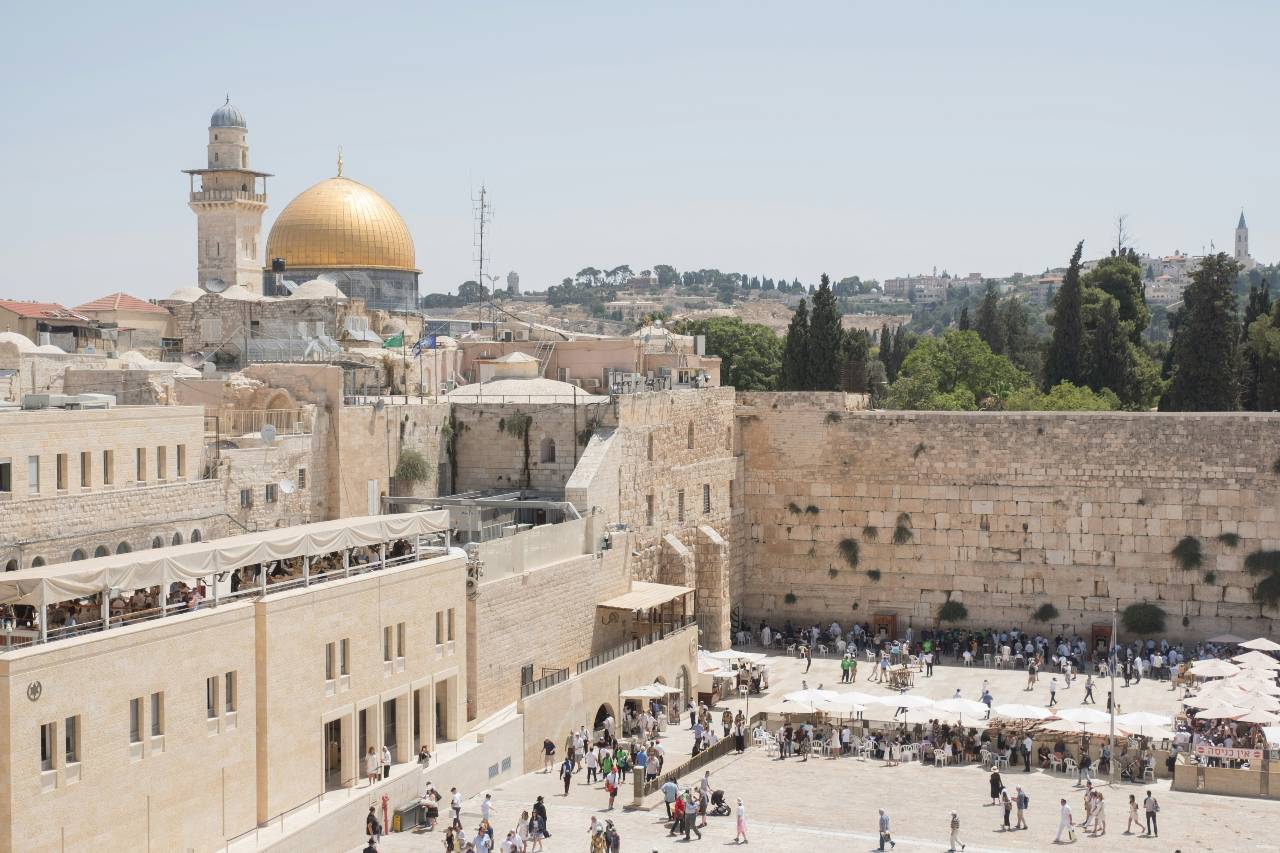For Sunday
Proper 28B
Collect
Blessed Lord, who caused all holy Scriptures to be written for our learning: Grant us so to hear them, read, mark, learn, and inwardly digest them, that we may embrace and ever hold fast the blessed hope of everlasting life, which you have given us in our Savior Jesus Christ; who lives and reigns with you and the Holy Spirit, one God, for ever and ever.
Amen.
Reading
Reflection
After spending two days at the Temple, challenging its economic systems, its leadership, and preaching about a better way for the world, including his vision for a more just and equitable experience for widows whose houses are “devoured” by the scribes, Jesus leads his disciples away from the Temple, to return to Bethany. And when he hears those disciples who witnessed the teaching and preaching talk about how grand and amazing the Temple is and the very sight of it impresses them, Jesus warns them about what is to come. It is a call to caution, yes, but also to understand.
What Jesus warns the disciples about sounds frightening—being conned by false leadership, war-making, earthquakes, and famines. But this is the beginning, and when they are called to keep their heads.
He tells them this when they are seeing the grand promise of the world to control and claim a perfect future. When they look at the Temple and see human achievement, rather than the abuse hiding below the surface. We are to remember that this is the place where scribes devour widows’ houses. And Jesus wants them focused on that. Not on how big and pretty the building is. Why? we might ask. Because, like the slick-tongued devil who will lead them astray, their vision of the Temple itself threatens their souls. It draws us from the truth.
This reminds me of the story a priest told me once of interviewing with a big, cardinal congregation with a tragic past—a church musician had abused over two hundred people over the previous three decades. When the interviewing priest asked them about this, shocked that they hadn’t brought it up earlier, they sounded strangely neutral. He asked “what if these were your children?” to which several on the search committee said “but his playing was so beautiful!”
Like with Jesus, the beauty was never up for debate. The rot within was always the point.
